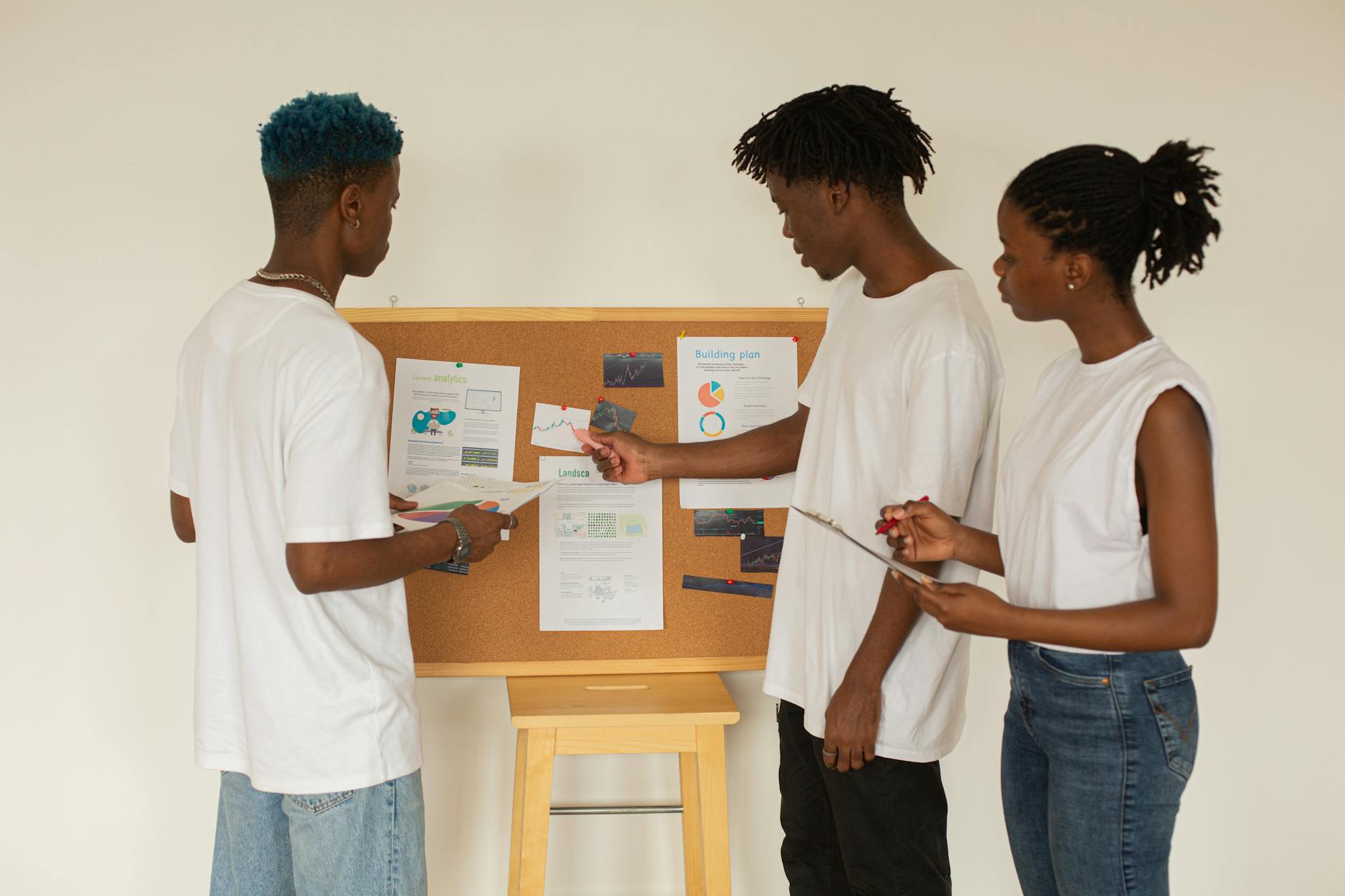What is continuous learning?
What is continuous learning?
In today’s fast-paced world, where changes occur rapidly and new knowledge emerges daily, the concept of continuous learning has become crucial. It’s not just about acquiring new skills but nurturing a mindset that embraces growth and adaptation. Continuous learning is essential in both personal and professional development, ensuring that you remain relevant and equipped for the challenges that lie ahead.
Defining Continuous Learning
Continuous learning is the ongoing process of acquiring new skills or knowledge throughout one’s life. This concept transcends traditional education, promoting the idea that learning doesn’t stop when formal education ends. It emphasizes the importance of adapting to new information and experiences, fostering a culture of curiosity and improvement.
Characteristics of Continuous Learning
Continuous learning embodies several key characteristics:
Adaptability: Embracing new ideas and being open to change are vital. In a world where technology and societal norms evolve, adaptability ensures you can navigate various challenges.
Curiosity: A natural desire to learn fuels the continuous learning process. Curious individuals actively seek out new information and experiences, enhancing their understanding of the world around them.
Growth Mindset: This term, popularized by psychologist Carol Dweck, refers to the belief that abilities and intelligence can be developed with effort and persistence. Those with a growth mindset are more likely to engage in continuous learning, viewing challenges as opportunities for growth rather than setbacks.
Types of Continuous Learning
Continuous learning manifests in various forms, including:
Formal Education: This includes attending workshops, seminars, or pursuing advanced degrees. Formal education can provide structured learning experiences.
Self-Directed Learning: This form emphasizes individual initiative, where you take responsibility for your learning. Whether through online courses or reading books, self-directed learning allows for flexibility and personalization.
Experiential Learning: Learning through experience is often one of the most effective methods. Engaging in projects, volunteering, or taking on new roles in your current job allows you to gain practical skills while applying theoretical knowledge.
Benefits of Continuous Learning
The advantages of continuous learning are numerous, impacting various aspects of life.
Career Advancement
Engaging in continuous learning can significantly enhance your career prospects. By consistently upgrading your skills, you position yourself as a valuable asset to employers. This dedication often leads to promotions and new opportunities, as companies seek individuals who are proactive about personal and professional growth. For more insights on the benefits of continuous learning in the workplace, you can explore this article.
Personal Growth and Fulfillment
Beyond career-related benefits, continuous learning contributes to personal satisfaction. As you acquire new knowledge, you boost your confidence and enhance your overall quality of life. Learning can be a source of joy and achievement, leading to a more enriched existence.
Staying Relevant in a Changing World
In an era marked by rapid technological advancements and shifts in industry standards, continuous learning is vital. It ensures that you remain up-to-date with current trends and practices, allowing you to adapt your skills to meet evolving demands. This constant evolution positions you favorably in the job market, where outdated skills can quickly become irrelevant.
Strategies for Implementing Continuous Learning
Implementing continuous learning in your daily routine can be straightforward with these actionable strategies:
Setting Learning Goals
Establishing specific, measurable, achievable, relevant, and time-bound (SMART) goals is fundamental to facilitating continuous learning. By identifying what you want to achieve, you can create a roadmap that helps guide your learning journey. For effective goal-setting tips, consider this resource.
Utilizing Resources and Tools
There are countless resources available to support your learning journey. Online courses, webinars, books, and even educational podcasts can provide valuable insights. Engage with communities that share your interests, as they can also serve as a source of motivation and inspiration.
Creating a Learning Environment
Cultivating an environment that encourages continuous learning is essential. Whether at work or home, create spaces that inspire learning. This could involve setting aside quiet time for study or designating areas for collaboration and discussion.

Photo by Monstera Production
Overcoming Challenges in Continuous Learning
While the commitment to continuous learning is beneficial, it’s not without challenges. Here are some common barriers and strategies to overcome them:
Time Management Issues
Finding time for continuous learning amidst personal and professional responsibilities can be daunting. Prioritizing learning activities, such as scheduling specific times for study, can help. Consider integrating learning into your daily routine; for instance, listening to educational podcasts during your commute.
Motivation and Discipline
Staying motivated can sometimes be a struggle. To combat this, remind yourself of the benefits of continuous learning and celebrate your successes—no matter how small. Engaging with others who share a similar commitment can also provide encouragement and accountability.
Conclusion
In summary, continuous learning is an indispensable part of personal and professional development. By cultivating a mindset centered on growth, curiosity, and adaptability, you position yourself to thrive in an ever-changing world. Embrace the journey of learning and engage in practices that enhance your skills and knowledge. Whether through formal education, self-directed approaches, or experiential learning, the opportunities for growth are limitless. Start your continuous learning journey today—you never know where it might lead you!